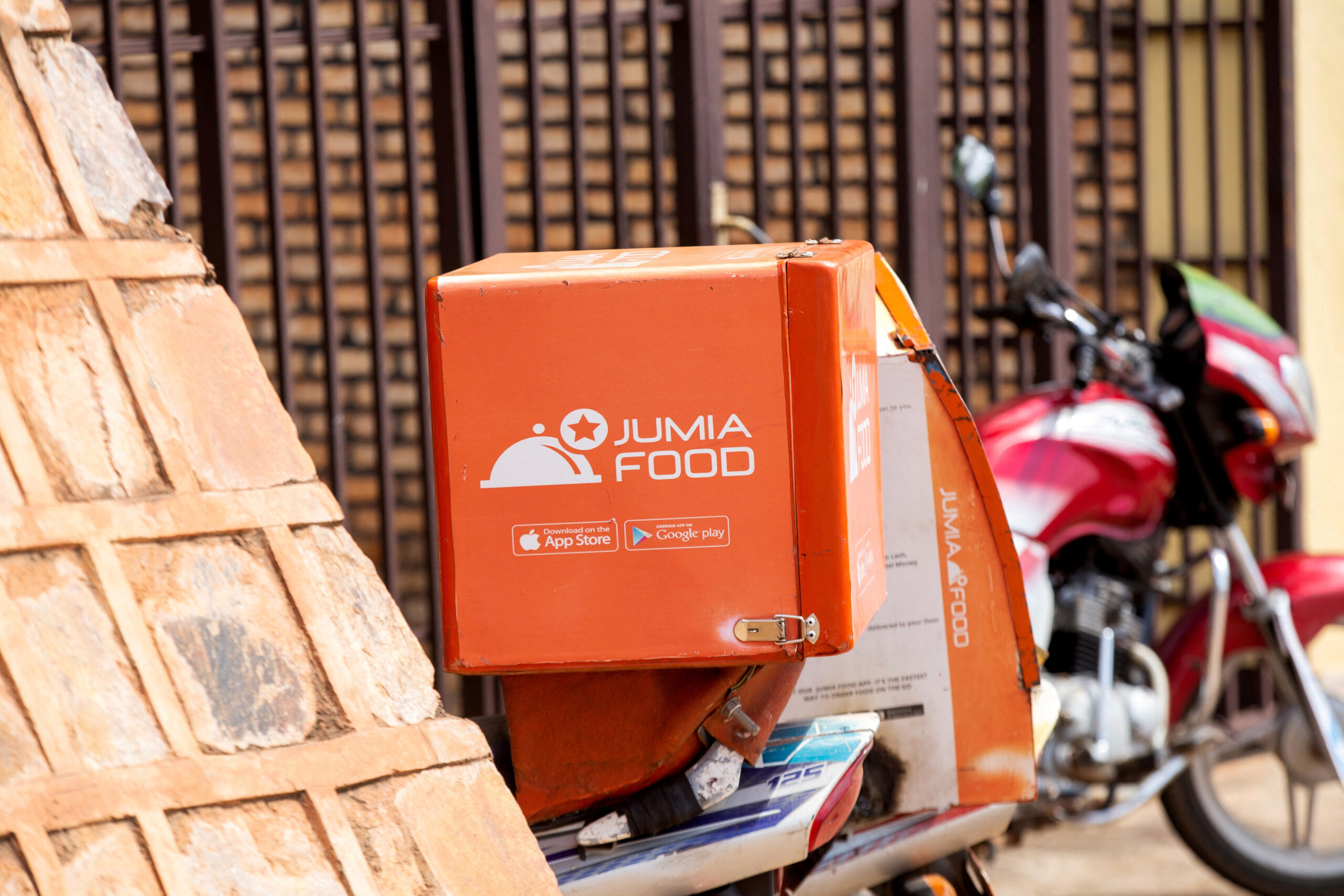Is there a secret to longevity? This health expert says 1,000% yes
In the era of social media, post-COVID, and with mental health at the forefront, a shift is taking […]

The company cited the unsuitability of its food delivery business for the current operating environment, which has been adversely affected by poor economic conditions.
Under new management, Jumia has undergone a year of substantial cost-cutting measures aimed at reducing its losses. However, the unexpected departure from the food delivery business, which constituted about 11% of its gross merchandise volume (GMV) until the 3rd quarter of this year, raises questions about the rationale behind this move.
The Arguments
Francis Dufay, CEO of Jumia, explained to TechCrunch in an interview that the food delivery business was a challenging battlefield marked by intense competition and complicated logistics operations.
Numerous vendors were competing in small and crowded markets. The CEO emphasized the need for strategic choices, investing resources where they would yield the greatest return on investment. He highlighted the limitations of the food delivery market, stating that it was economically unsustainable given the strong competition.
Dufay pointed out that Jumia, as a company with finite resources, needed to concentrate its energy, departments, managerial focus, and financial assets on the part of the business where they could have a significant impact—the core physical goods product line. This segment exhibited positive growth trends, and this type of commercial enterprise has greater potential for profitability than advertising alone.
The Facts
Jumia’s financial data shows that in 2023, its adjusted EBITDA loss has been $61 million, representing a significant decrease of 57% from the first nine months of the previous year (African Strategies). The company aims not to exceed a loss of $90 million by the year’s end.
The departure of Jumia from food delivery is unexpected, considering it was one of the most significant categories on e-commerce platforms for several years, second only to fashion in terms of volume. While Jumia has registered a decline in losses, active customers and orders have sharply fallen compared to the previous year.
During the interview, there was also a discussion of how this departure from food delivery would affect Jumia’s user base and orders. Dufay stated that by pooling resources into the physical goods business, it would be easier to recover lost orders and customers.
The CEO expressed optimism for key categories such as phones, electronics, TVs, appliances, home and living, fashion, and beauty, which are expected to drive growth and more than compensate for the discontinued food delivery service. However, no specific timeframe was indicated for this transition.

In the era of social media, post-COVID, and with mental health at the forefront, a shift is taking […]

With its fast speeds and revolutionary potential, 5G stands out as a noteworthy milestone in the field of […]